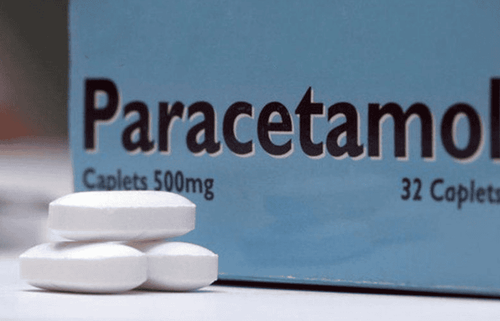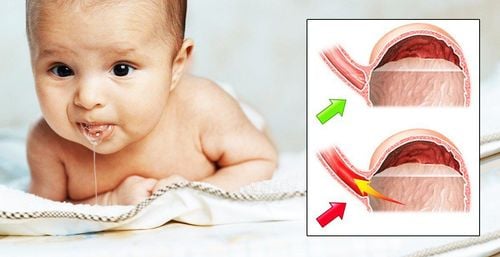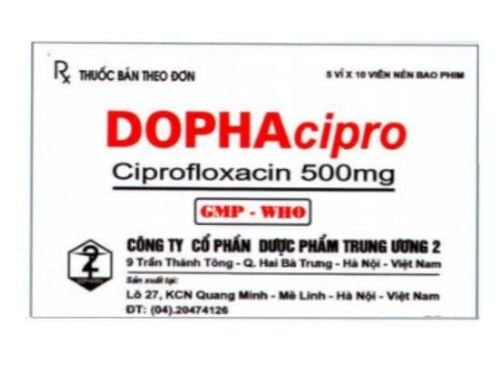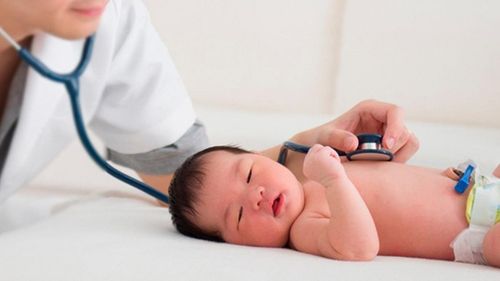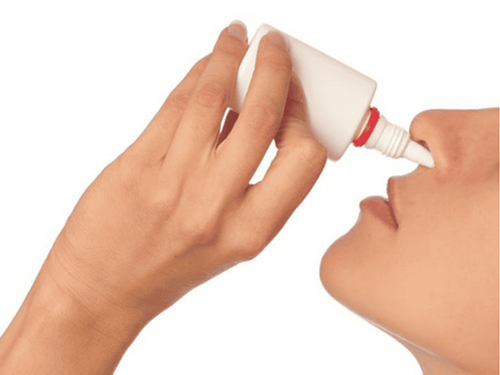This is an automatically translated article.
The article was professionally consulted with Specialist Doctor II Cao Thi Thanh - Pediatrician - Department of Pediatrics - Neonatology - Vinmec Hai Phong International General Hospital.Severe pneumonia in children, especially children under 5 years of age, if not actively treated, can lead to many dangerous complications such as pleural effusion, lung abscess, hyponatremia,... Therefore, Early detection and treatment is essential to avoid complications and mortality.
Pneumonia in children often occurs in children with weak immune mechanisms, malnutrition, especially children in underdeveloped countries, poor economic conditions, sanitation, and medical care. least. Children who regularly breathe in adult tobacco smoke are also at risk of respiratory diseases and severe pneumonia in children. In crowded places such as kindergartens, kindergartens, amusement parks... are also places where children are at high risk of contracting pneumonia.
1. Complications of severe pneumonia in children
If pneumonia in children is untreated or improperly treated, it can lead to dangerous complications such as: effusion, pus, pneumothorax, necrotizing pneumonia, lung abscess, pneumococcal cyst, hyponatremia... Once complications occur, the treatment will be very complicated and the risk of death is high.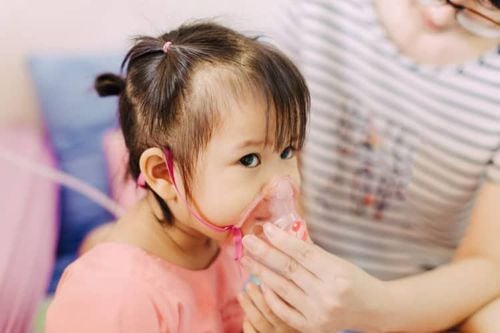
2. Recognizing severe pneumonia in children
Signs of severe pneumonia in children include:2.1. Breathe fast
Children have signs of exertion of breathing, continuous rapid breathing such as: Nasal flapping, groaning, intercostal muscles pulling, chest retracting, retracting sternum... Also to be more precise, parents can apply the method of assessing the child's breathing rate through the following steps:Step 1: Let the child lie still, do not do strenuous activities
Step 2: Use a watch with a second hand to count the child's breathing within 1 minute
Steps 3: Assess the threshold of sound breathing of children depending on age. A child is considered tachypnea when:
Breathing rate is over 60 breaths/minute in a child under 2 months of age Breathing rate is over 50 breaths/minute in a child from 2 months to less than 12 months of age. Breathing rate above 40 breaths/minute in children from 12 months to under 5 years old. Breathing rate over 30 breaths/minute in children over 5 years old. Signs of labored breathing and rapid breathing are compensatory responses, but the body cannot maintain this state forever. If not treated promptly, the child may experience exhaustion, respiratory failure, slow breathing and then stop breathing.
2.2. Children with cough
Parents also need to be aware of the possibility of severe pneumonia in children if they see signs of a moderate to severe cough (maybe a severe cough). However, there are still some notes about judging by the cough:If the child coughs a lot, has a fever and mild chest pain when coughing but breathing is smooth and there is no chest pain other than the cough, it is less likely that the child has a cough. pneumonia. If the child coughs a lot, with vomiting after the cough but no fever, it is also less likely to have pneumonia.
2.3. Other signs
Child with fever: Signs of moderate to high fever Child is lethargic or hard to wake up, unable to eat, or refuses to breastfeed Child has chest pain - not only during coughs but also between coughs Child vomits everything everything and convulsions: Not only after strong coughs but also between coughs Cyanosis reaction around lips and face due to lack of oxygen Hissing sound – this is more often a sign of viral infection but sometimes stridor is also a sign of pneumonia.3. Measures to treat severe pneumonia in children
For children being treated for outpatient pneumonia, depending on the causative agent, the doctor will prescribe appropriate treatment and care:Bacterial pneumonia If severe pneumonia in children is caused by bacteria, the doctor will prescribe antibiotic treatment. Antibiotics are drugs that help kill bacteria, which are made in the form of tablets, packs or syrups, depending on the age and ability of the child to take medicine that the doctor will prescribe appropriately. When treating a child with antibiotics, make sure that the child takes the full dose prescribed by the doctor, even if the symptoms have improved. Absolutely do not stop taking the drug earlier than prescribed by the doctor (Usually a combined oral course of monitoring will last at least 7-10 days).
Pneumonia caused by a virus With pneumonia caused by a virus, antibiotics are not effective. In the current conditions in Vietnam, it is still limited to accurately distinguish the causative agent of bacterial or viral pneumonia. At the same time, because many parents have the habit of giving their children antibiotics indiscriminately before going to the doctor, it makes the signs of bacterial infection more confounded, causing drug resistance and making it difficult for the doctor to give appropriate indications for the child. .
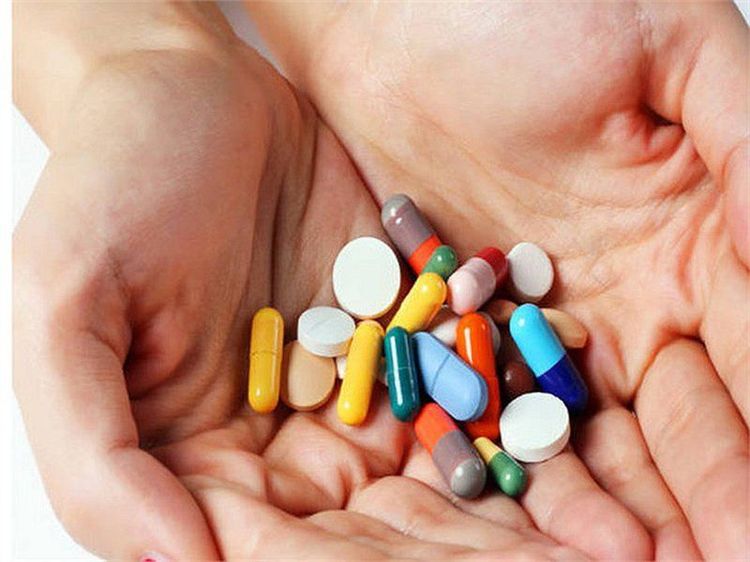
4. Prevention of pneumonia in children
To prevent pneumonia in general, parents need to improve their children's resistance and immune system by providing adequate nutrients, and feeding them properly and enough according to the guidance of a nutritionist.Improve the living environment around children, avoid exposing children to risk factors such as: smoke, people with respiratory diseases (cough, fever ..), pay attention to keep the house clean and cool. . Nasopharyngeal hygiene: if the child knows how to gargle, regularly instruct the child to gargle with physiological saline, physiological saline drops after the child is exposed to dust and smoke when going out. Children should wear masks to avoid inhaling dust while on the road. Specific prevention: If the child is malnourished, gastroesophageal reflux disease, congenital heart disease ... should be prioritized for definitive treatment. At the same time, children should be fully vaccinated, paying special attention to the vaccinations against tuberculosis, HiB, measles, pneumococcal, and influenza. If you have unusual symptoms, you should be examined and consulted with a specialist.
Please dial HOTLINE for more information or register for an appointment HERE. Download MyVinmec app to make appointments faster and to manage your bookings easily.





